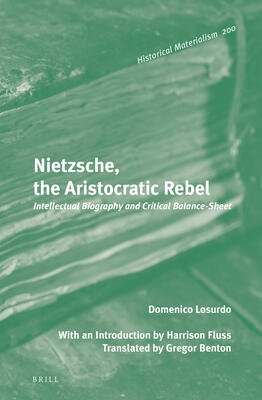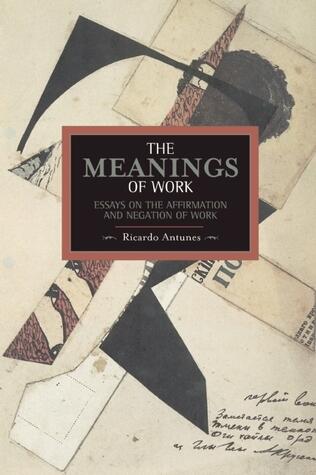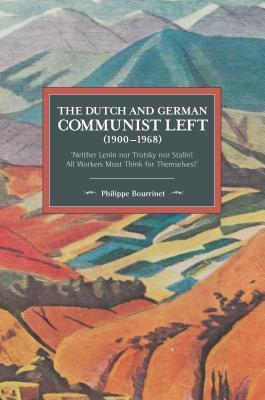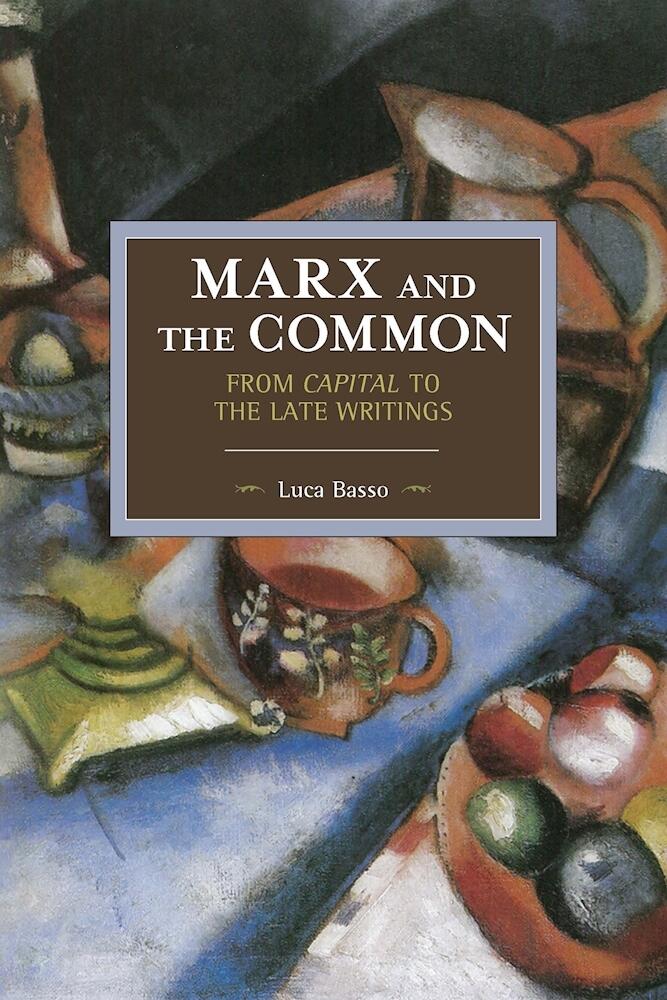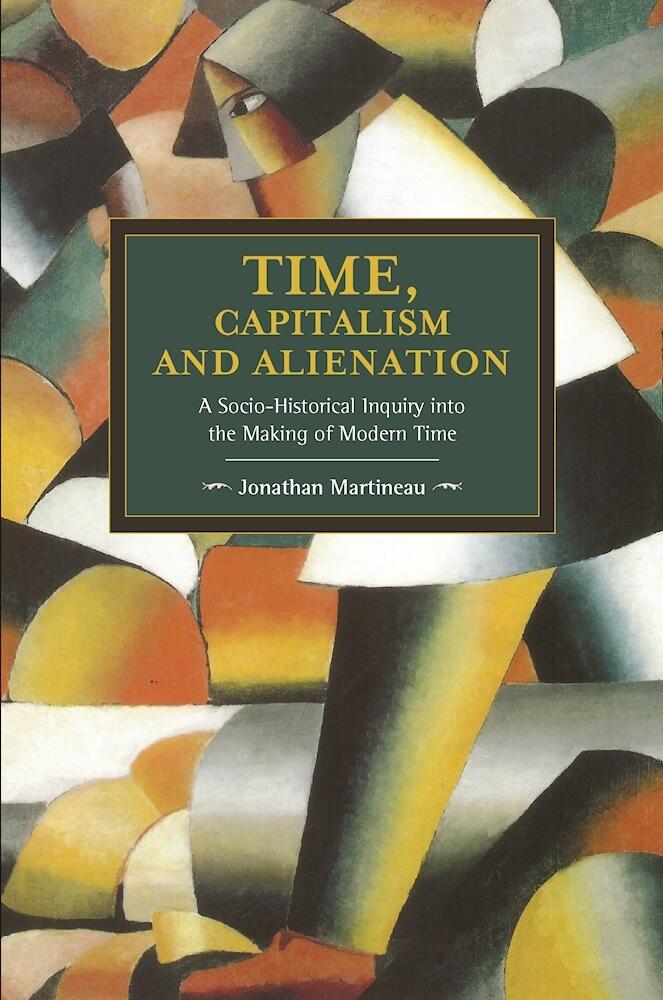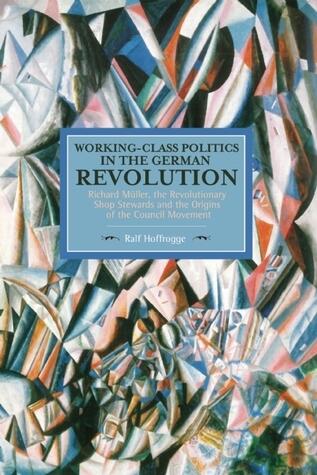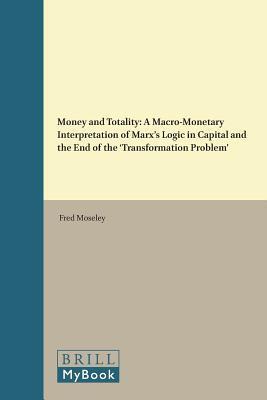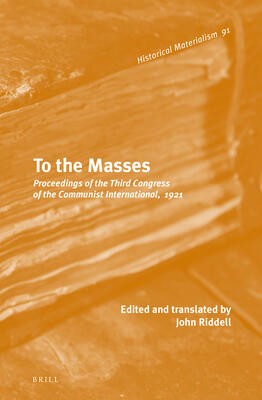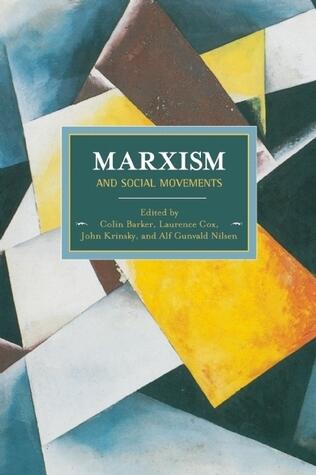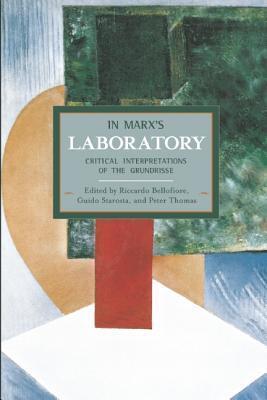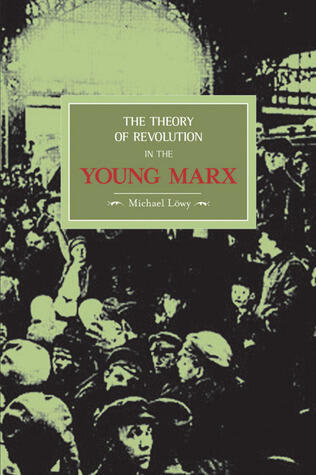
The Theory of Revolution in the Young Marx
작성자
Michael Löwy
아직 평점이 없습니다
History
형식
페이퍼백
페이지
205
언어
영어
출판됨
Jun 1, 2005
출판사
Haymarket
ISBN-10
1931859191
ISBN-13
9781931859196
설명
In this thought-provoking exploration, Löwy dives deep into the philosophical underpinnings of Marx's revolutionary theory, presenting a compelling analysis that reveals the intricacies and motivations behind Marx's revolutionary ideas. By examining the sociopolitical context in which young Marx formulated his theories, Löwy highlights the relevance of these concepts in today’s world, making a case for their enduring significance.
Through a careful dissection of Marx's writings, readers are invited to witness the evolution of his thoughts on capital, labor, and the state. Löwy's clear prose brings clarity to complex ideas, making them accessible for those new to Marxist theory while still provoking deeper consideration for seasoned scholars. He engages with critiques and interpretations, granting a nuanced perspective that appreciates the transformative potential within Marx’s vision.
Not merely an academic exercise, the work inspires readers to think critically about revolution and social change, challenging them to apply these age-old insights to contemporary struggles. Löwy's commitment to honesty and rigor ensures that this exploration does not shy away from difficult questions, instead embracing them as essential to understanding revolutionary theory’s past and future.
Ultimately, this book stands as a significant contribution to Marxist scholarship, encouraging a renewed dialogue around revolution and its implications for society today. With its blend of historical context and philosophical inquiry, readers will come away with not just knowledge, but a deeper understanding of the revolutionary spirit that once drove a young Marx.
Through a careful dissection of Marx's writings, readers are invited to witness the evolution of his thoughts on capital, labor, and the state. Löwy's clear prose brings clarity to complex ideas, making them accessible for those new to Marxist theory while still provoking deeper consideration for seasoned scholars. He engages with critiques and interpretations, granting a nuanced perspective that appreciates the transformative potential within Marx’s vision.
Not merely an academic exercise, the work inspires readers to think critically about revolution and social change, challenging them to apply these age-old insights to contemporary struggles. Löwy's commitment to honesty and rigor ensures that this exploration does not shy away from difficult questions, instead embracing them as essential to understanding revolutionary theory’s past and future.
Ultimately, this book stands as a significant contribution to Marxist scholarship, encouraging a renewed dialogue around revolution and its implications for society today. With its blend of historical context and philosophical inquiry, readers will come away with not just knowledge, but a deeper understanding of the revolutionary spirit that once drove a young Marx.


